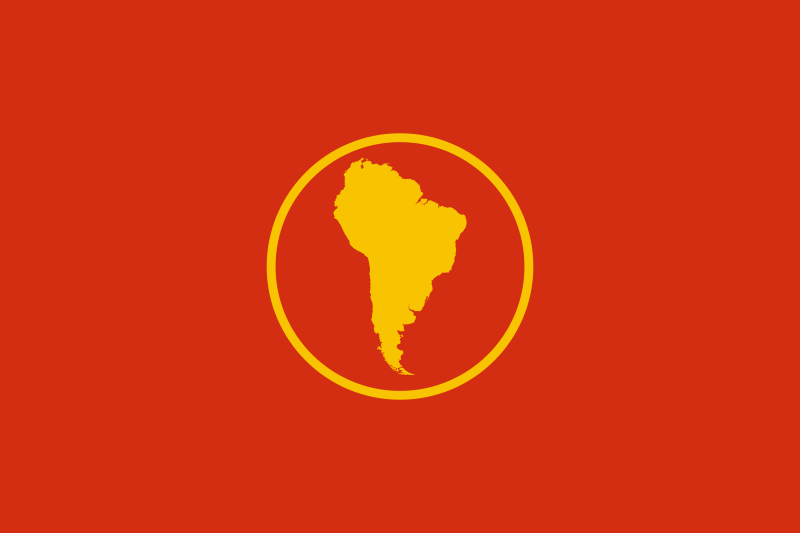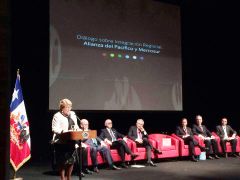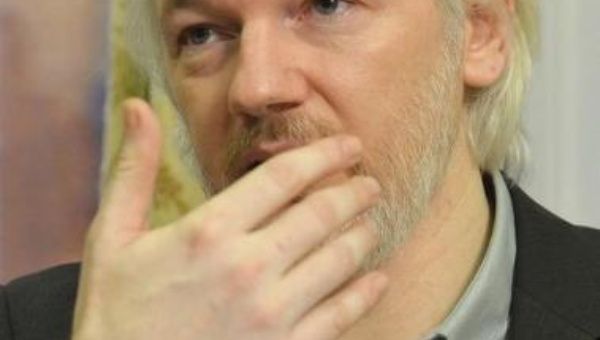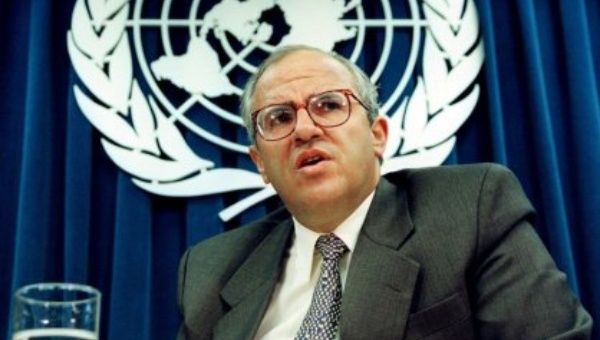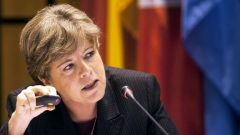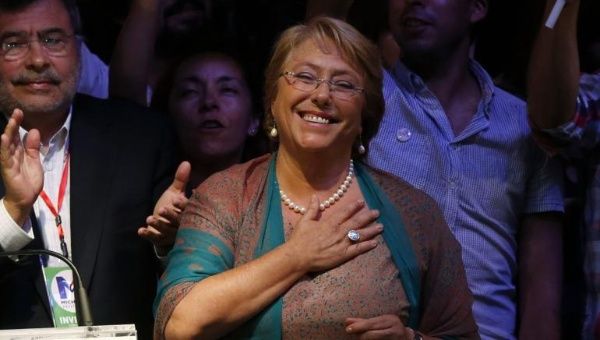La cercanía estrecha entre Cuba y el Caribe no se limita solo a la geografía. Han sido y son los sólidos lazos históricos, políticos y culturales lo que más une, como ha quedado refrendado a lo largo de los años de excelentes relaciones, basadas en el respeto y la cooperación
HAN transcurrido 42 años y la relación, lejos de irse desvaneciendo con el tiempo, es una correspondencia que se afianza y podría resultar paradigma de la reciprocidad entre naciones vecinas que comparten mucho más que un espacio geográfico.
Esa unión firme la protagonizan los países de la Comunidad de Estados del Caribe (Caricom) y esta Isla, la Mayor de las Antillas, dos partes que este 8 de diciembre, cuando celebran el establecimiento de relaciones diplomáticas que hicieron historia, reforzando lazos de raíces culturales y étnicas, tendrán en La Habana su V Cumbre.
La cercanía estrecha entre Cuba y el Caribe no se limita solo a la geografía. Los mapas evidencian la proximidad, pero han sido y son los sólidos lazos históricos, políticos y culturales lo que más une, como ha quedado refrendado a lo largo de los años de excelentes relaciones, basadas en el respeto y la cooperación.
La colonización en América Latina comenzó justamente por el Caribe, donde también se inició la lucha por la independencia y contra el coloniaje. Desde el triunfo de la Revolución Cubana, las naciones caribeñas hallaron en esta Isla un aliado incondicional y el nexo necesario para enlazar a la subregión con la parte continental de América Latina.
Los vínculos de Cuba con el Caribe anglosajón comenzaron mucho antes de la época colonial, en gran medida como resultado de las constantes migraciones intercaribeñas de los pueblos originarios, existente en el área.
Luego del triunfo revolucionario de 1959 y en un momento en el que Cuba se encontraba políticamente aislada del resto del continente, agredida por Estados Unidos por el empeño cubano de formar una nación independiente y socialista que rompía los cánones políticos hasta ese momento impuestos en buena parte del mundo, cuatro países del área del Caribe —Barbados, Guyana, Jamaica y Trinidad y Tobago— adoptaban, el 8 de diciembre de 1972, la histórica decisión de establecer simultáneamente relaciones diplomáticas plenas con Cuba.
Se abría así una legendaria relación de amistad, hermandad y solidaridad entre La Habana y los pueblos caribeños que determinó que en el 2002, durante la celebración de la primera Cumbre entre la Comunidad del Caribe y esta nación, se instaurara la fecha como el Día Caricom-Cuba.
En esa cita en la capital cubana cuando, además de celebrarse el aniversario 30 del establecimiento de los vínculos, los Jefes de Estado y de Gobierno de las naciones del bloque caribeño y de Cuba, institucionalizaron un mecanismo de diálogo permanente al más alto nivel que se tradujo luego en un segundo y tercer encuentro en Barbados, en 2005, y en la oriental provincia cubana de Santiago de Cuba, a finales de 2008.
Una cuarta edición del encuentro, que se celebra cada tres años, tuvo lugar en 2011 en Trinidad y Tobago, y la quinta se desarrollará el próximo fin de semana en nuestra capital.
En la cita de 2011, el Presidente cubano Raúl Castro, cuando recordó la valiente decisión de 1972 de los cuatro Estados caribeños, apuntó que «un Caribe unido y solidario es nuestro único camino. Cuba ratifica su voluntad de continuar fortaleciendo las relaciones con los países miembros de Caricom y de encontrar fórmulas que permitan la ejecución de nuevos proyectos de colaboración e incrementar la eficacia de los ya existentes», resaltó Raúl.
El Caricom en la historia
Fundada el 4 de julio de 1973, la Comunidad del Caribe está integrada por 15 países: Antigua y Barbuda, Bahamas, Barbados, Belice, Dominica, Granada, Guyana, Haití, Jamaica, San Cristóbal y Nieves, Santa Lucía, San Vicente y las Granadinas, Suriname y Trinidad y Tobago, más la isla de Montserrat, territorio de ultramar dependiente del Reino Unido.
Su puesta en funcionamiento tuvo lugar a través del Tratado de Chaguaramas, firmado en Trinidad y Tobago y que tiene entre sus objetivos esenciales elevar el nivel de vida y trabajo de las naciones de la región, acabar con el desempleo, acelerar, coordinar y sustentar el desarrollo económico.
Además, fomentar el comercio y las relaciones económicas con terceros países y con grupos de naciones, así como estimular la cooperación económica en el seno de un mercado común del Caribe y promover la cooperación educacional, cultural e industrial entre las naciones de la Comunidad.
Ha sido el Caricom, sobre todo, un foro de extraordinario valor para concertar temas comunes e importantes para la región.
En estos 42 años de nexos, La Habana se ha visto respaldada ampliamente por el resto de las naciones caribeñas en su demanda internacional de que cese el bloqueo estadounidense contra Cuba y han apoyado, certeramente, el derecho de la Isla de decidir su propia vía de desarrollo político, económico y social.
 La próxima cita en La Habana será la quinta cumbre Caricom-Cuba.
La próxima cita en La Habana será la quinta cumbre Caricom-Cuba.
Los altos niveles de cooperación entre nuestro país y la región se traducen especialmente en las esferas de la salud, educación y energética. De los más de mil profesionales cubanos que prestan servicios en esa región caribeña, casi el 90 por ciento de ellos lo hacen en el sector sanitario, en tanto más de 4 000 jóvenes caribeños se han graduado en universidades cubanas, de ellos, más de 1 700 como médicos.
Como parte de la Operación Milagro a más de 98 000 caribeños se les ha devuelto la visión de manera totalmente gratuita y el programa cubano de alfabetización «Yo, sí puedo» ha llevado la luz del saber a miles de personas.
Claras y precisas han sido durante estos años las líneas plasmadas por el Comandante en Jefe Fidel Castro sobre la urgente necesidad de unir al Caribe con el resto de Latinoamérica para así conformar ese nuevo hogar que hoy disfruta la región.
Entre las muestras de reciprodad de esos países hacia la mayor isla, durante la III Cumbre Caricom-Cuba, en Santiago de Cuba, la Comunidad reconoció con su Orden Honoraria al líder de la Revolución Cubana, por su apoyo al desarrollo de dicho bloque regional.
El entonces primer ministro de Antigua y Barbuda y presidente temporal del bloque, Baldwin Spencer, destacó el protagonismo de Fidel en el fortalecimiento de los lazos con los países miembros. «Es con profundo sentido de agradecimiento que nuestros países reconocen a Fidel Castro con la Orden Honoraria de la Caricom», resaltaba Spencer sobre el sistemático apoyo del líder revolucionario, quien demostró que «Cuba es una verdadera amiga».
Caricom, Petrocaribe, Alba, Celac: Una convivencia de hermanos
América Latina y el Caribe viven un cambio de época. La región protagoniza un suceso sin precedentes en su historia, donde proyectos integracionistas de magnitud buscan resolver las asimetrías en el acceso a un desarrollo común y uniforme de cada uno de los pueblos de la región.
Pero Latinoamérica, sin el Caribe no estaría completa. Dentro de Caricom conviven una multiplicidad de órganos de cooperación a nivel regional y subregional que se han seguido desarrollando, sobre todo, a partir de los inicios de este siglo.
La conformación de la Comunidad de Estados Latinoamericanos y Caribeños (Celac) constituye, en términos históricos, un hito en esta parte del planeta. Como también lo son las iniciativas de la Alianza Bolivariana para los Pueblos de Nuestra América-Tratado de Comercio de los Pueblos (ALBA-TCP) y Petrocaribe, bloques que hoy constituyen algunos de los recientes y más significativos avances en la región y que realzan el horizonte económico y geopolítico del hemisferio.
Desde su fundación en Caracas, Venezuela, en diciembre de 2011, en la Celac se le dio un peso significativo a la inclusión del Caribe en todos los programas y agendas propios del mecanismo, con el objetivo de avanzar en términos de sus intereses legítimos.
Un aspecto de especial relevancia dentro del bloque es la inclusión en la cuarteta dirigente pro témpore de la Celac —por decisión soberana de los 33 Estados miembros—, de la nación caribeña que ocupe la presidencia de Caricom.
La decisión, aceptada bajo la dirigencia pro témpore de Cuba durante 2013, constituyó un hecho destacable dentro del ente regional. El Caribe estaba representado y quedaba claro que en todas las consideraciones que se debatieran, se tendrían muy en cuenta la opinión de los caribeños.
Estas 15 naciones pequeñas y vulnerables, no solo desde el punto de vista económico, sino también medioambiental, necesitadas y urgidas de soporte regional, encuentran también en la ALBA-TCP y en Petrocaribe, foros en los que se van concretando acciones para ampliar y diversificar las relaciones económicas y, sobre todo, la cooperación entre ellos y el resto de Latinoamérica.
Indispensable para el desarrollo de Dominica, Antigua y Barbuda, San Vicente y las Granadinas, Santa Lucía y Suriname, ha sido su incorporación como miembros plenos al ALBA, mientras San Cristóbal y Nieves formalizará su entrada oficial al bloque en diciembre próximo.
Como parte de la filosofía de cooperación y complementariedad que distingue a la ALBA, Petrocaribe destaca como el esquema de cooperación energética que implica el mayor flujo de transferencia financiera para apoyar el desarrollo y del cual se benefician 13 de las naciones caribeñas (menos Barbados y Trinidad y Tobago).
Afianzados en un solo abrazo Cuba, los hermanos caribeños y el resto de la región latinoamericana exponen un escenario de relaciones de amistad, cooperación y complementariedad, basadas en el respeto y la solidaridad.
Cuba, como parte importante de esta unión, servirá nuevamente este 8 de diciembre como anfitriona para estrechar los excelentes nexos entre todas las islas del Mar Caribe.
